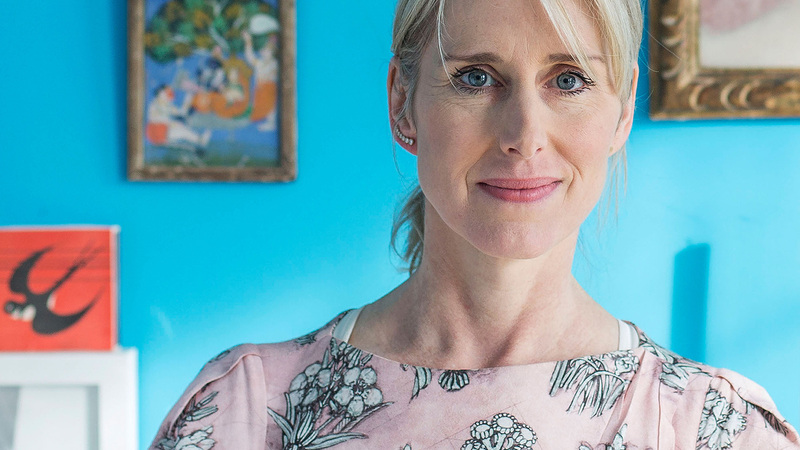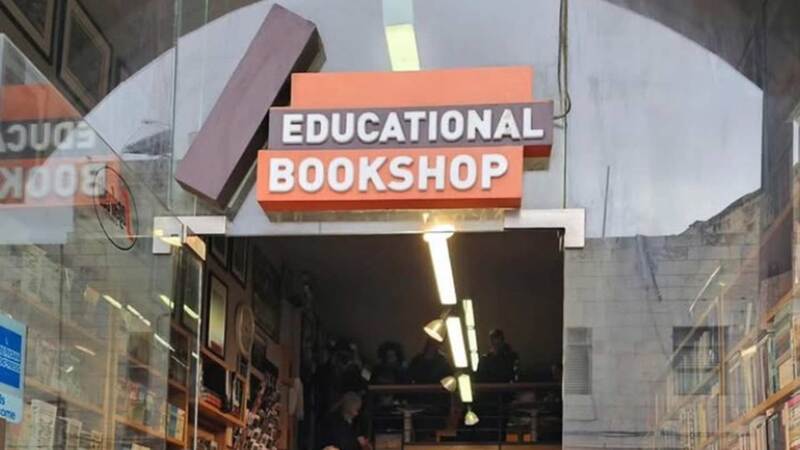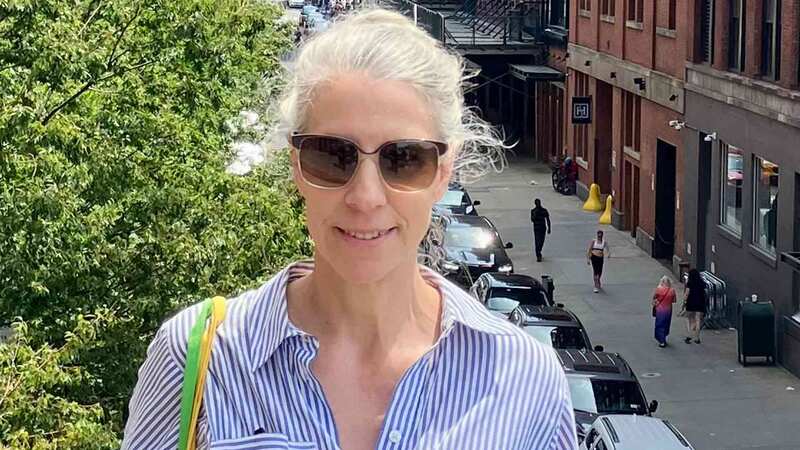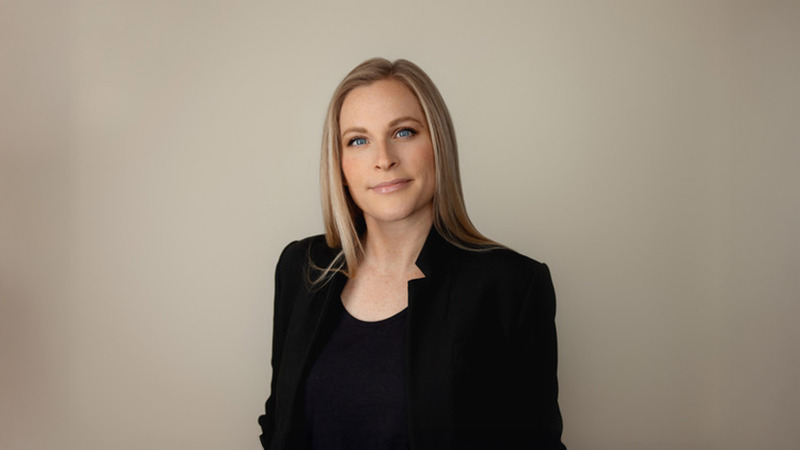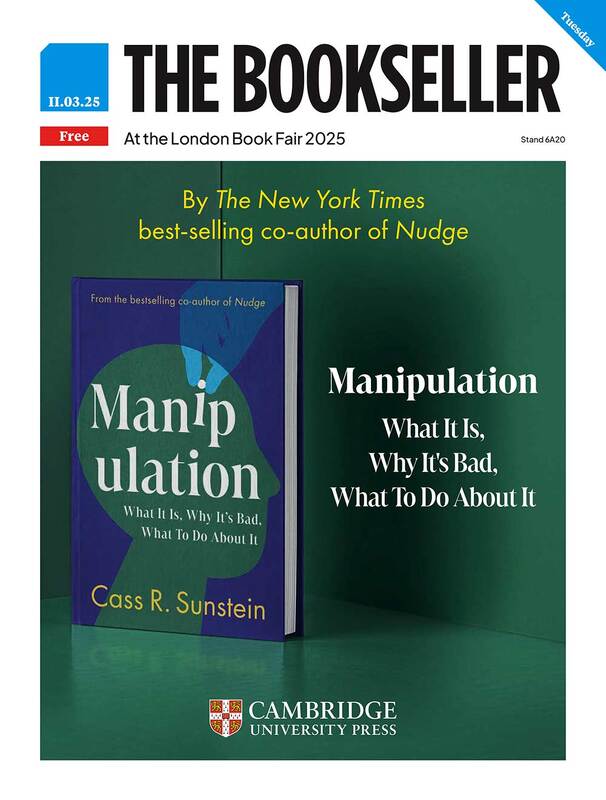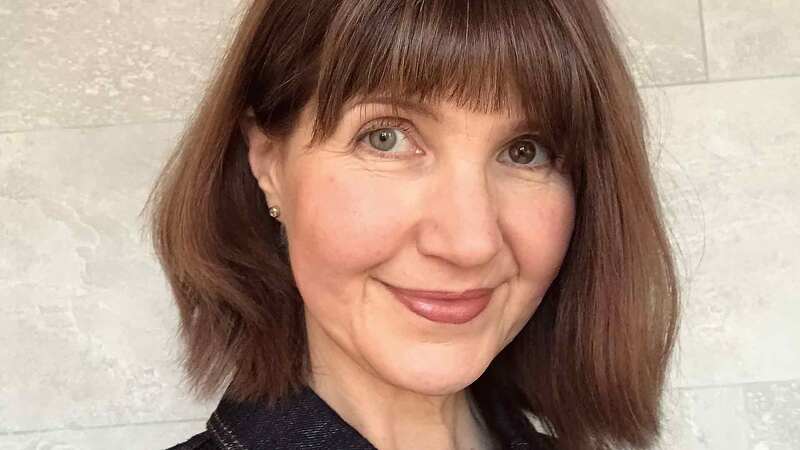You are viewing your 1 free article this month. Login to read more articles.
Dame Helena Morrissey challenges PA over diversity strategy
Dame Helena Morrissey challenged trade leaders over key aspects of their diversity strategies last night (10th April) as the Publishers Association's new president Peter Phillips laid out his aims for the year.
At the organisation’s a.g.m, held in London’s Science Gallery, financier and equality campaigner Dame Helena praised publishing for its diversity of gender and age but told the audience people were getting diversity wrong by treating it as a special, peripheral issue. She also criticised key tactics like unconscious bias training that so many in the industry have now undergone.
In an optimistic but practical address, coming days after a disappointing round of gender pay gap reports, Dame Helena spoke about how to increase, not just gender, but broader diversity. She told the audience about her own early experiences starting out in a male-dominated Wall Street and the City she discussed setting up the 30% Club to boost the number of female finance board members. She had learned broader diversity was not needed for "its own sake", but to keep up with changing times and provide different ways of thinking.
"As everything changes, we need to be adapting the way we think and the way we work," she said. "We need to have bolder ambitions. I want to have more responsible businesses, I want to have a system of work that enables not just women to balance work and life but for men to have more choices too."
Dame Helena, whose book A Good Time to be a Girl (HarperCollins) was published last year, said simplistic unconscious bias training taught people they were part of the problem, powerless to do anything about it.
She said: "I know you have been encouraged as part of your action plan to use unconscious bias training, so I say the next point slightly nervously, but I think the evidence suggests that it actually can be very counter-productive."
The campaigner also said diversity was too often pushed out to the margins or “siloed” off into groups. She added: "They tend to be tacked on at the edges, often given, and I know this is also part of the action plan, to one person to take ownership of." She added: "This is a behavioural thing, this is not actually trying to do something just on a Tuesday afternoon."
Morrissey said the publishing industry was actually very discursive and diverse in terms of age but she said all industries were facing a "do or die" moment where they needed to provide inclusive environments that the next generation of workers expect. "If we want to attract the best and the brightest, they are looking at gender pay gap data and they are wondering what people can do about it," she said.
She stressed the importance of forensically tracking progress, bosses mentoring people to hear what really happens in their firm and treating diversity as "mission critical". Despite her own experiences with the 30% club, she said targets were not always the right way to look at the issue. Instead companies should be looking at what diversity of thought would bring to their teams which they didn't currently have and allowing groups to set their own measures.
The evening also saw Phillips, c.e.o. of Cambridge University Press, elected as the new president of the Publishers Association, replacing Charlie Redmayne, c.e.o. of HarperCollins. Predicting more rapid change in politics and economics, Phillips said Brexit, intellectual copyright and learning were the main issues facing the industry over the next 12 months.
Phillips told the meeting: "Wherever this uncertain Brexit journey takes our country we need to build on our success story. Over the next year, I want to make sure we underline the export power of our industry, ensuring the government understands better the benefits and trade policy needs of UK publishing through continued engagement and robust, tangible evidence."
All publishers are educational publishers in one way or another, he said, adding: "Education, literacy and the advancement of knowledge are at the core of what we do and are fundamental to the success and the richness of the society we live in." He said the PA would commission and publish more research this year to show how publishing helps education.
Phillips told the audience: "I believe that by working together publishing can demonstrate its crucial role in providing a key component of the UK's global trade at a time of significant change, the expertise and skills the world needs through quality content and benefits to society through education and learning in its broadest sense. Underpinning all of that, it's vital that we argue passionately for a copyright system that continues to provide a judicious balance to freedom of expression, property and the public's right to information."
Last night also saw Annie Callanan, c.e.o of Taylor & Francis, elected as vice president and treasurer of the PA. Andrew Franklin of Profile Books, Kathleen Farrar of Bloomsbury, and Anne Kitson of Elsevier were all appointed to the council to serve their first three-year terms. Emma Bourne of Springer Nature was re-appointed to serve a second term.





